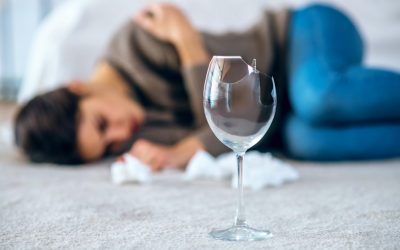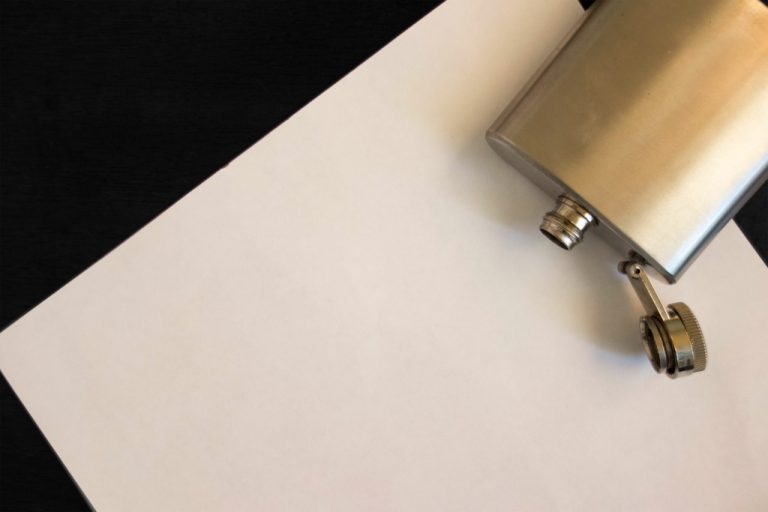How Alcohol Dehydration Affects Your Health
The Reframe app equips you with the knowledge and skills you need to not only survive drinking less, but to thrive while you navigate the journey. Our daily research-backed readings teach you the neuroscience of alcohol, and our in-app Toolkit provides the resources and activities you need to navigate each challenge. Top Super Clone Watches For Sale >> 2025 Best New Cheap Replica Watches Online.If you have a full stomach, it can essentially slow down the absorption of alcohol.
- Because glucose is the primary energy source of the brain, hypoglycemia can contribute to hangover symptoms such as fatigue, weakness, and mood disturbances.
- But once you introduce alcohol into your system, you urinate more, and the mechanism that normally prevents excessive urination—anti-diuretic hormone—is inhibited, which can lead to dehydration.
- Since alcohol travels through the bloodstream, it can travel to other areas of our body including the pituitary gland in our brain.
- Other than dehydration, alcohol can have other negative effects on the body.
Indirect Effects of Alcohol Consumption: Binge Drinking
Individuals may experience overconfidence, reduced inhibitions, and a willingness to take risks, such as driving under the influence or engaging in unsafe physical activities. This impaired judgment can have severe consequences,Best Swiss Replica Watches Store UK >> 100% High Quailty Replica Watches. including an increased risk of accidents and injuries. Heart palpitations after drinking can indicate underlying heart https://ecosoberhouse.com/ disease, especially if accompanied by other symptoms like chest pain or shortness of breath. Conditions such as dilated cardiomyopathy and alcoholic cardiomyopathy are linked to chronic alcohol consumption and can present with irregular heart palpitations. However, alcohol can amplify this process, resulting in a noticeable increase in water vapor expelled with every breath.
Changes in your skin

This can stop the body from recognizing its orientation in physical space, since endolymph can’t properly navigate the vestibular system’s semicircular framework. Congeners are more likely to produce what is alcoholism a hangover or make a hangover worse. But drinking too much alcohol of any color can still make you feel bad the next morning. For those who exercise regularly or engage in strenuous physical activities, avoiding alcohol after workouts can help improve muscle recovery and reduce cramping.
Will my skin improve if I stop drinking?
- “The best beverages to rehydrate with should include electrolytes like sodium and potassium, as well as calories from carbs, proteins or fats to help the fluids be absorbed into the cells,” Pfau says.
- When the body loses too much water,New! Best Selling Breitling Replica Watches USA >> 2025 Cheap Fake Breitling For Sale. it disrupts the balance of electrolytes—such as sodium, potassium, and magnesium—which are crucial for muscle contraction and relaxation.
- Everyone loses body water daily through sweat, tears, breathing, urine, and stool.
- Mindful drinking offers that middle ground where you’ll proactively improve your drinking habits without any pressure to quit.
In other words, try to drink as much water as possible because the normal retention rate is not going to be what the body’s used to. Alcohol is processed by the body in a way that leads to dehydration. When we consume alcohol, our livers convert it into water and carbon dioxide. However, this process does not result in a net gain of water for the body. On the contrary, alcohol consumption leads to increased urination, causing a net loss of water from the body.
How to Use Heat Therapy to Relieve Muscle Cramps
Between your Thursday night wine and your Saturday night cocktail, you have a fairly good sense of what kind of hangover you’re in for on Friday and Sunday mornings. But beyond the type of alcohol you’re imbibing, you might not realize how much dehydration enters into the hangover equation. Water-rich foods are an excellent way to rehydrate your body and provide essential nutrients. These foods are easily digestible, which is beneficial if you’re experiencing an upset stomach from excessive alcohol consumption. Additionally, they can help settle your stomach and restore your body’s fluid balance. While water and hydrating drinks are crucial for rehydration, it is also important to eat food.
The Diuretic Action of Weak and Strong Alcoholic Beverages in Elderly Men: A Randomized Diet-Controlled Crossover Trial
Generally, the more alcohol you drink, the more likely you are to have a hangover the next day. But there’s no easy way to know how much you can safely drink and still avoid a hangover. An independent scientist who was not involved in the study took care of the randomization of the participants and treatment allocation. Block randomization was performed with SAS, v9.3 (Cary, NC, USA).

Who is at risk for dehydration?
But even today we still don’t fully understand how alcohol causes this excessive urination. We humans have been making and drinking alcohol for thousands of years. Dehydration can be a contributing factor to the symptoms experienced during a hangover, including headache, dizziness, and fatigue. Alcohol is a staple at many social gatherings and celebrations, but have you ever wondered how it affects your body? In this article, we will explore this question and provide you with some does wine dehydrate you important insights. “Essentially, when you’re dehydrated, you’ll feel alcohol’s effects sooner and for longer,” Pfau says.
